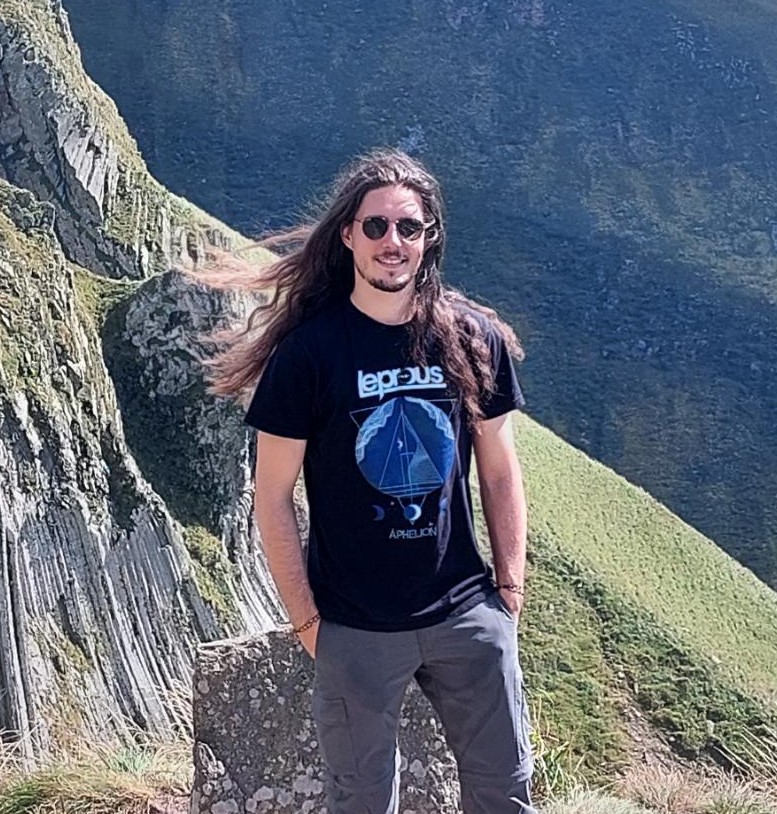Research interests
Loïc Gerber is developing new approaches to generate synthetic data consistent with reanalysis datasets and is engaged in a comprehensive exploration of hydrological processes in the Volta River Basin in West Africa. His academic journey includes a focus on extreme rainfall events during his undergraduate studies and a specialization in urban hydrological modelling for extreme events during his postgraduate program.

Given the scarcity of remotely-sensed data, especially pre-2000 in the region, Loïc’s research aims to overcome this limitation by generating synthetic satellite images spanning from 1950 to the present day. This endeavor utilizes existing catalogues to enhance data availability and contributes valuable insights to long-term hydrological modelling.
The derived synthetic products will be integrated into a fully distributed hydrological model, allowing the assessment of their validity. This methodological approach not only addresses data gaps but also promises to refine hydrological models, contributing to a more nuanced understanding of the evolving hydrological processes within the context of climate change.
Key words: Hydro-climatic modelling, synthetic satellite imagery generation, spatial analysis, remote sensing, geostatistics
Educational and work background
- 01.09.2022-today: PhD student at University of Lausanne
- 2020-2022: Master of Science (MSc) in Environmental Science, Orientation Natural Hazards and Risk (UNIL)
- Thesis: Évacuation des eaux urbaines lors de fortes précipitations – Méthodes d’estimation de la contribution effective du bassin versant imperméable. Directed by Grégoire Mariéthoz (Unil) and Frédéric Jordan (Hydrique Ingénieurs).
- 2019-2020: Assistant Scientific Collaborator, Service des Forêts et de la Nature, section Nature et Paysage, Etat de Fribourg
- 2016-2019: Bachelor of Science (BSc) in Geosciences and Environment, Orientation Geography, Specialisation in Physical Geography (UNIL)
- Thesis: Caractérisation de l’évènement pluvieux du 11 juin 2018 à Lausanne et analyse de ses impacts. Directed by Bettina Schaefli (Unil).
Presentations
- SGM23: Loïc Gerber, Grégoire Mariéthoz. Synthetic hydrological data consistent with climate reanalysis to enable long-term hydrological modelling.
- IUGG23: Loïc Gerber, Grégoire Mariéthoz. Synthetic satellite data generation to inform hydrological models in data scarce areas.
- EGU23: Loïc Gerber, Grégoire Mariéthoz. Synthetic hydrological data consistent with climate reanalysis to enable long-term hydrological modelling.
- SGM22: Loïc Gerber, Christophe Randin, Marianne Milano, Emmanuel Reynard, Grégoire Mariéthoz. NDVI Explorer – A Google Earth Engine application to visualise and extract NDVI time-series.
Languages
- French: native speaker
- English: fluent (C2, CPE 2015)
- German: notions
Contact
Institute of Earth Surface Dynamics (IDYST)
UNIL-Mouline, Geopolis, Office 3247
University of Lausanne
1015 Lausanne, Switzerland
